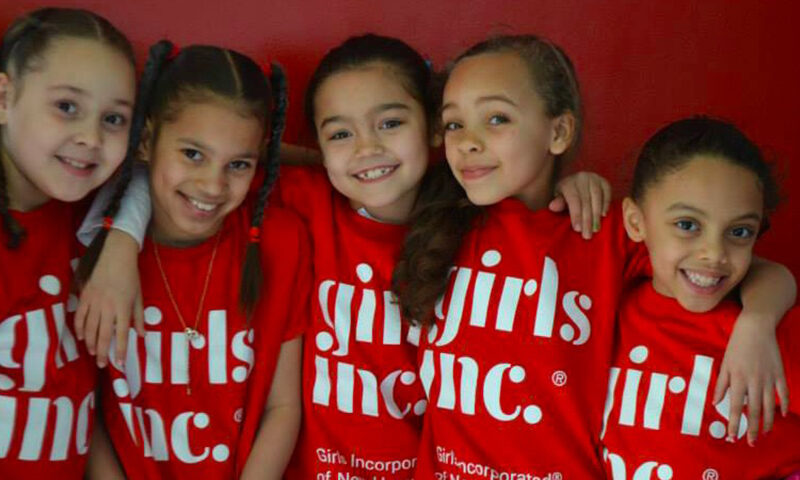Conversation with Girls Inc. girl Metzli Reyes about Mental Health
Sonja Breda, Advocacy Outreach Coordinator: How do mental illnesses impact girls in your community?
Metzli Reyes, Girls Inc. Girls Action Network Member: I feel that for girls (and really for a lot of people) struggling with depression it affects not only your personal life but your relationships with others. Mental illnesses impact your relationships with your significant other, your friends, and parents. That’s the way depression impacts me. I also have seen how it [depression] affects not only my close relationships but also my performance in school. I think a lot of people have these problems but not a lot of attention is brought to it.
Sonja: Those are important points. Mental illnesses don’t just affect one individual they affect whole communities and they can also affect your school performance.
Metzli: Yeah, right now it [depression] is something I’ve been dealing with. My grades have always been either B’s or A’s. And recently with everything going on I can feel overwhelmed and it leads me down that way. You want to get help with that but you don’t always know how. Something that would really help would be having workshops, or just having adults that you can trust and talk to.
Sonja: Do you think most teens feel comfortable talking about these issues?
Metzli: I feel like it is a taboo topic because no one wants to really talk about something so personal especially with a stranger. Also even if you want to talk to someone nice, when are you going to have the time to talk about something so personal? For people in such a vulnerable position it is hard to be exposed in that way.
Sonja: That’s also been my experience as well. When I was in high school not a lot of people talked about depression and they still don’t as young adults. It can feel really difficult to ask for help, but it is critical that more young people (and adults!) talk about these issues.
Metzli: Yeah, and also I feel like in these types of situations you don’t ask for help because you you want to be independent and you think you’re not being independent by depending on others. But sometimes you do need the extra help.
Sonja: What do you think adults should know about supporting teens with mental illnesses?
Metzli: I feel they shouldn’t take things lightly. Personally, I think in the Latino community mental health isn’t something parents or older people believe in. They think it is mostly, “you are being lazy” or “this or that.” It is a stigma that has been put on people. Like, “oh you don’t really feel this way, you are just being lazy” or “you are just trying to get out of this or that.” I think this topic is something older adults should be educated on so when people do come to them and we have a problem they don’t just dismiss it. Instead they can think, “this person needs help.”
Sonja: Right. Adults should be educated and also know where to direct students. Do you feel like there needs to be more resources at school for students struggling with mental health problems?
Metzli: I actually asked students from my school, “what are ways our school could help you feel more comfortable talking about mental health problems and what resources are available already?” All of them said they knew of absolutely nothing. Throughout the four years I was in high school there was no conversation about these issues except maybe briefly in health class. We need to raise awareness on this topic because people might go through their day feeling sad but they might not realize it could be depression and that they could get help. We need to expose people to the fact that you might be depressed, and that’s okay, and you might need more help. We need to remove the negative name on it [depression].
Sonja: How are you feeling now? Are you getting the support you need?
Metzli: Yeah, I’ve been talking with my sister and it helps a lot, a lot.
Sonja: Yeah, it helps to just have someone in your corner.
Metzli: Absolutely.
If you or someone you know is in crisis—whether they are considering suicide or not—please call The National Suicide Prevention Lifeline 800-273-TALK (8255) to speak with a trained crisis counselor 24/7. You can also text NAMI to 741-741 and be connected with a trained crisis counselor to receive free, 24/7 crisis support via text message.

